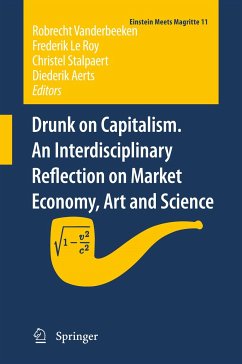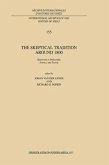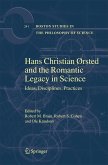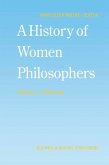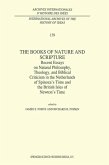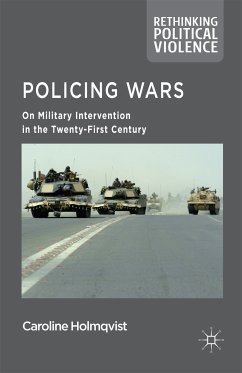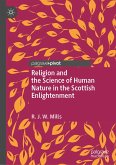Part One: Science for Sale, A Dollar Green Science Scene, focuses on new alliances of contemporary science and education with commercial funding, and the commodification of knowledge. Among the questions addressed here are: Does proximity to economic power eclipse freedom of knowledge? When science and education become businesses, what are the risks for a sell-out of patented knowledge, an abuse of research for business purposes or a commercialization of symbolic power?
Part Two: Art for Sale, Buy Buy Art, elaborates on the multifaceted and ambiguous relationship between art and capital. Contemporary art claims to be autonomous, but art costs money and artists cannot survive on their love for art alone. How do artists respond to the rise of economic strictures in modern culture in general and the art market in particular? When works of art become investments, can art still be critical of economic injustice? What role remains for the artist in a global, late-capitalist society?
Dieser Download kann aus rechtlichen Gründen nur mit Rechnungsadresse in A, B, BG, CY, CZ, D, DK, EW, E, FIN, F, GR, HR, H, IRL, I, LT, L, LR, M, NL, PL, P, R, S, SLO, SK ausgeliefert werden.

